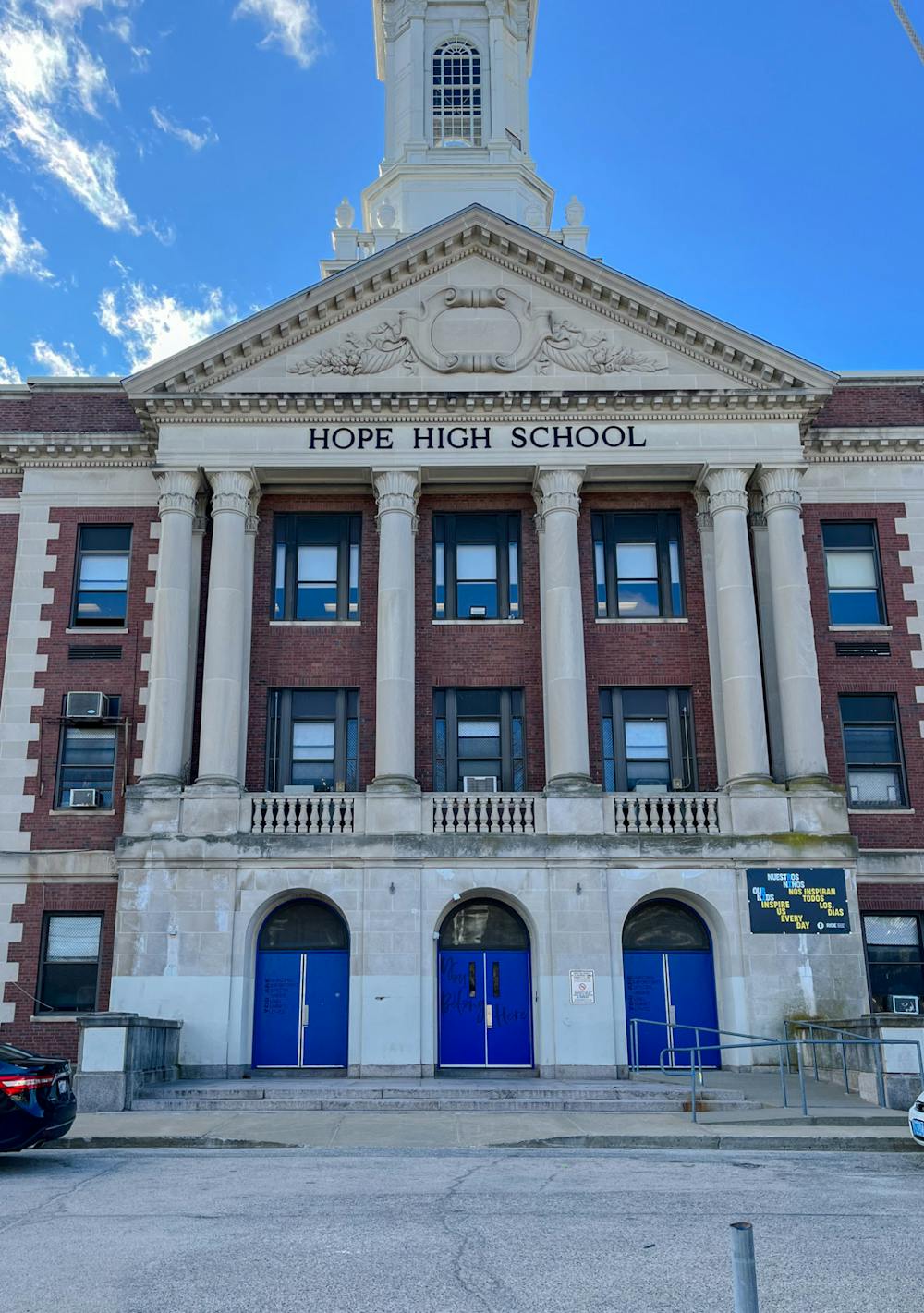Schools in the Providence Public School District opened Aug. 29 for the first day of classes. Though some things are different — this is the first school year since the pandemic in which masks are no longer required in classrooms — teachers in the district still face many of the same challenges as last year.
Pandemic fatigue, staff shortages, teacher burnout and disputes between teachers and the state following its takeover of PPSD continue to plague Providence schools, according to Maribeth Calabro, president of the Providence Teachers Union.
“This is going to be another interesting year,” Calabro said. “In week two of having students, teachers are already saying they’re feeling overwhelmed.”
Calabro noted that while lifting the mask mandate has had a positive effect in classrooms, some teachers are still uncomfortable because of concerns about COVID-19.
“Since we’re back and it’s semi-post-pandemic, coming back into school without masks and all of the other safety parameters and regulation has seemed to lighten the morale in some respects,” Calabro said. “But I think we still have a lot of work toward getting our students back to normal, and I think some of our teachers still don’t feel safe without mitigation.”
Staffing shortages continue to affect the district. According to Nicholas Domings, PPSD’s chief communications officer, 94% of PPSD classrooms were fully staffed at the start of the school year. That amounts to 101 classroom vacancies out of roughly 1,700 total, which is down from 129 vacancies in March, according to Domings’ email to The Herald.
Domings noted that “the district has more than enough substitute teachers to cover these vacancies, so no class will be uncovered. However, we fully realize the need to have full-time teachers in all classrooms and will continue working to improve hiring and retention despite the nationwide teacher shortage.”
Calabro doesn’t believe the staffing shortage at PPSD can be fully explained by the national teacher shortage. “Our shortage is not due to the mass resignation that happened across the country for teachers,” she said. “Our teachers are not leaving the profession, they’re leaving Providence.
Melissa Palumbo, a first-grade teacher at William D’Abate Elementary, agreed. “So many incredible educators have left Providence,” she said. “I think it’s a lack of support, a feeling of not being respected or valued at all.”
Domings said the district is utilizing a two-part strategy to improve hiring and retention, which includes bonuses, financial support for those seeking master’s and doctorate degrees, an employee referral program and a two-week training program for new teachers.
Teachers who remain in the district face challenges related to the 2019 state takeover of PPSD, Calabro said. Teachers have expressed frustration with the rigid classroom standards imposed by the state and frequent standardized testing.
“If I could just come in my classroom and teach, things would be wonderful,” she said. “But the amount of testing is very stressful because there are quick turnaround times. So far we have already administered five assessments and we’re only on day 16.”
Calabro emphasized that teachers’ complaints made through the union should be taken seriously. “When we say things are bad, we mean it. … Our teachers contact us on a daily basis and let us know how things are.”





